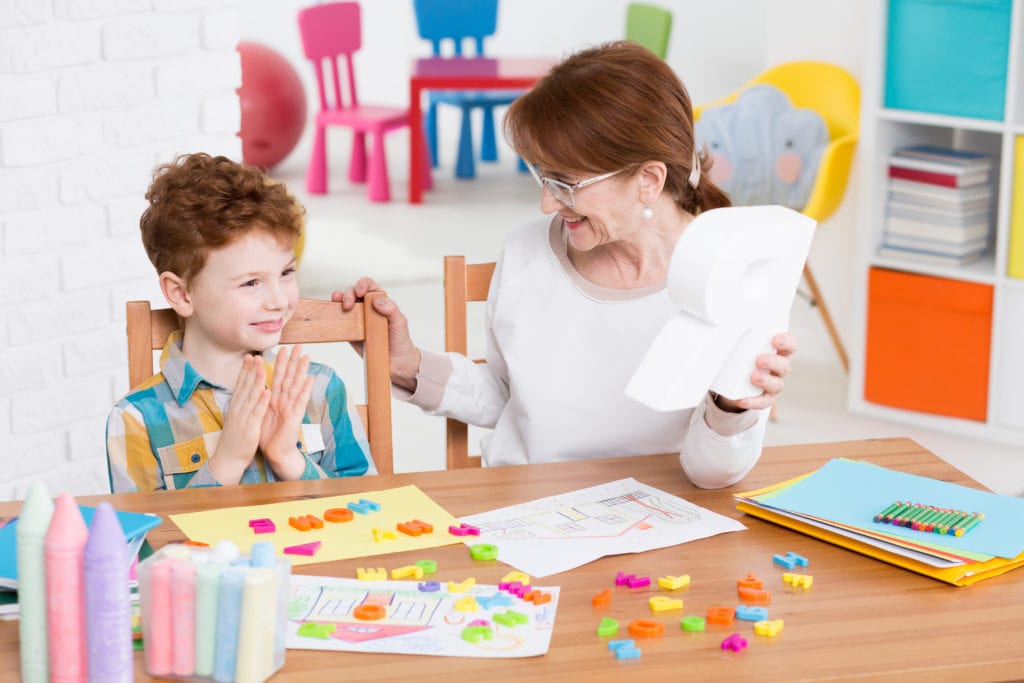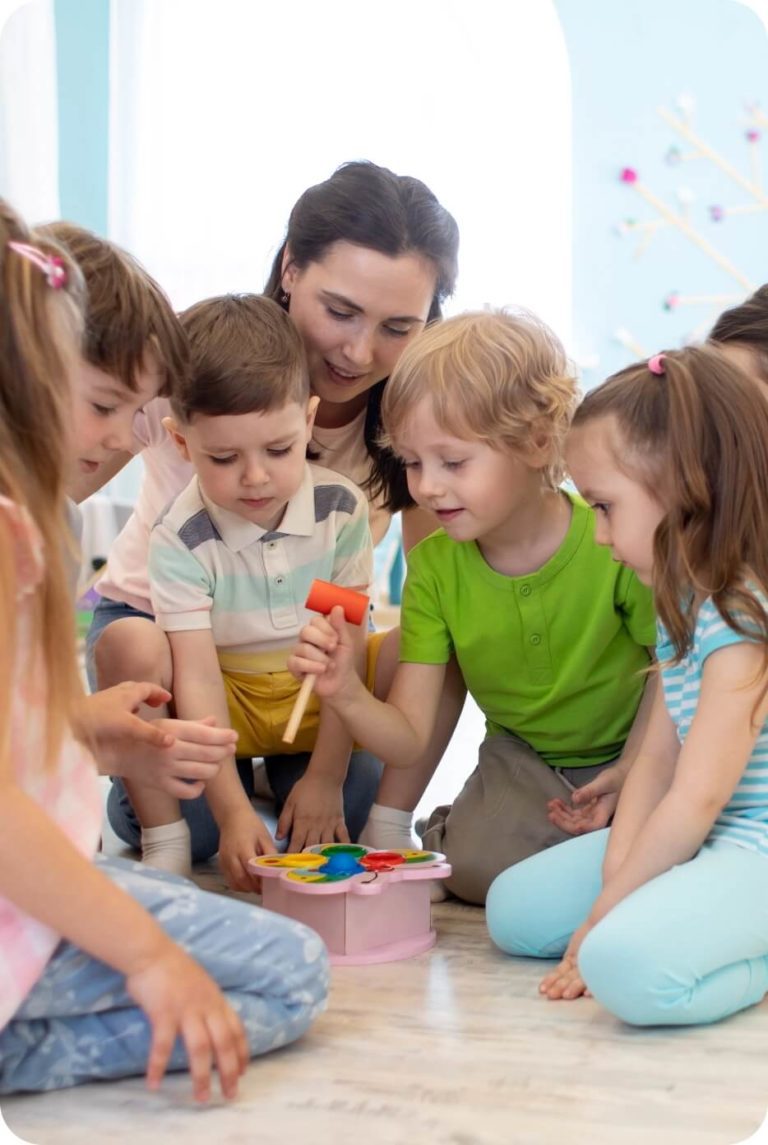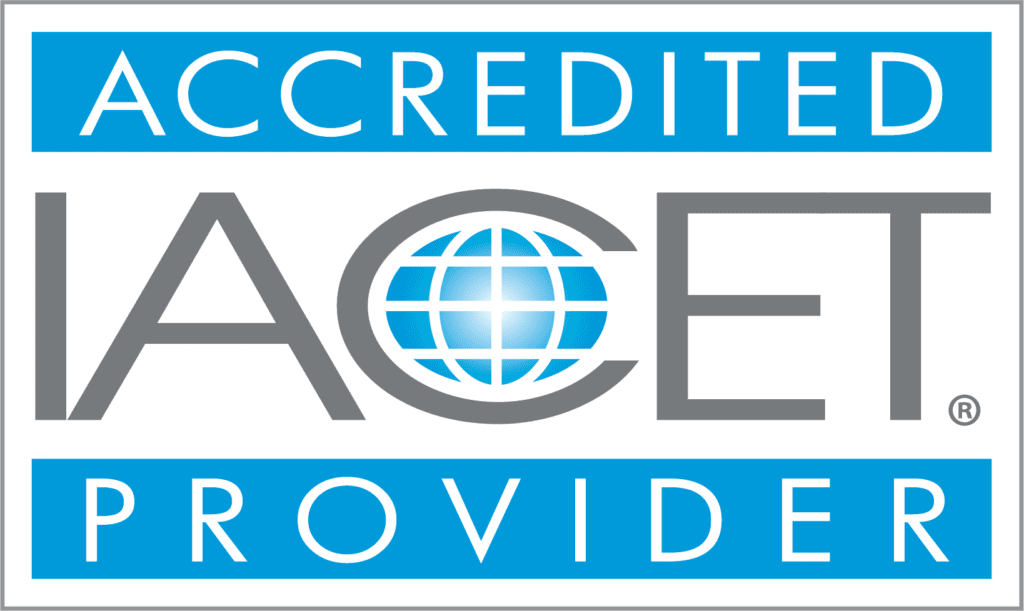One of the biggest responsibilities preschool teachers have is fostering cognitive development. This is one of the vital components of development, and as a passionate and creative preschool teacher, it’s normal to hunt for effective ways to develop your students’ cognitive abilities.

But first things first! How well equipped are you to promote cognitive development in your preschoolers?
The truth is you can never be too prepared, which is where our cognitive development courses come in. When you tap into our transformative ECE professional development courses, you’ll develop a more purposeful approach and provide your little ones with rich experiences that nurture thinking, explorational, and experimental skills.

One of the most critical skills you will gain when learning about cognitive development is how to handle children with sensory processing issues. Our sensory issue support and navigation course is designed to help you stay on top of challenging behaviors.
It equips you with several highly effective strategies to support learners with sensory processing issues. This is now more important than ever because sensory issues are increasingly common. Chances are there’s a portion of your classroom – no matter how small – that requires your understanding and expertise in this area.
It’s a sad sight when perfectly promising children are misunderstood in this way. The outcome is always better when there’s an enlightened teacher on board who recognizes that the underlying reason for a meltdown or screamfest could be loud noises, bright lights, or eating foods with icky textures.
Just because sensory processing disorders aren’t yet officially recognized doesn’t mean they should go unnoticed by you. Instead of being reactive, you can proactively enhance cognitive development by leveraging online resources tailored to make your classroom more sensory-friendly.

Just because sensory processing disorders aren’t yet officially recognized doesn’t mean they should go unnoticed by you. Instead of being reactive, you can proactively enhance cognitive development by leveraging online resources tailored to make your classroom more sensory-friendly.
Whether they’re seekers, avoiders, and under-responders, your learners with sensory differences will appreciate it from the bottom of their little hearts. Moreover, the lessons you learn and apply will set the stage for success in adulthood.
Research shows that 26% of children will experience some type of trauma before the age of 4.
Trauma informed care means the teacher aims to empower students who have experienced trauma and helps them feel safe in their school environment to learn and grow freely. By the end of this training you will be able to:


Circle time is not only one of the best tools for behavior management, but it can also be part and parcel of cognitive development programs in preschools. Cognitive development has everything to do with the way children think, learn, and gain an understanding of their surrounding world. It encompasses various thought processes, including decision-making, problem-solving, and perception.
Circle time factors into the equation when used to discuss problems and different world scenarios. According to Jean Piaget’s theory, cognitive development isn’t simply about absorbing knowledge.

Through circle time, you can help learners effectively assimilate knowledge about the world they live in. Circle time is an incredibly versatile activity that allows you to introduce new experiences, resources, and age-appropriate ideas. For instance, circle time provides the perfect opportunity to encourage preschoolers to develop problem-solving skills.
You can boost cognitive development in your preschoolers by playing memory matching or puzzle games. Similarly, reading attention-grabbing stories, then prompting learners to imagine what would happen next will hone the ability to internally represent the world through language and mental imagery.

If you would like to take your cognitive development curriculum up a notch, you’ll love our super relevant circle and morning meeting time course. You’ll discover how to wield this secret weapon to sharpen your learners’ cognitive abilities in a flexible way.


Cognitive development begins from day zero, and kids still have a long way to go by the time they reach preschool age. Therefore, you have a pivotal role to play in your classroom. Investing in cognitive development courses is a win-win solution for you and your learners. Preschoolers are a curious bunch, and they’re eager to participate in activities that develop cognitive skills.
On the other hand, you can reach dizzying heights of professional pride, knowing you’re providing your preschoolers with the opportunities, tools, and resources they need to understand the mechanisms of the world.
When your classroom is a hive of new ideas and activities, you’re helping propel your students’ thinking abilities forward. Remember, there are different stages of cognitive development, so be sure to scaffold activities to keep nudging learners to the next level where there are more fresh wonders to explore.

At Impact Early Education, we know that your classroom is one of your biggest priorities. But, while you may be interested in giving your kids top-tier attention, you may be worried about distractions that take the focus away from your classroom. Fortunately, our cognitive development courses allow you to become a better educator and grow your career without taking your hands off the wheel.
When your little ones have a thirst for learning, the only way to keep feeding their needs is to fill your own cup. You can do so at your own pace and learn a wealth of information about cognitive development a few hours at a time.
Watching young children figure things out and get better at exploring and thinking is one of the many joys of life. Most of the magic happens in preschool classrooms, thanks to dedicated ECE professionals.

At Impact Early Education, we exist to support preschool teachers, owners, and directors behind the scenes by providing valuable professional development courses.
We are in awe of the work you do at the frontlines of the preschool classroom, and we are proud to offer the support you need to keep doing what you do best. Ready to start taking your preschoolers’ cognitive development to the next level?
